What are the best marketing books?
To find out, I asked the speakers and panelists at Ahrefs Evolve, our conference in San Diego from October 13-15, which books they actually read and recommend.
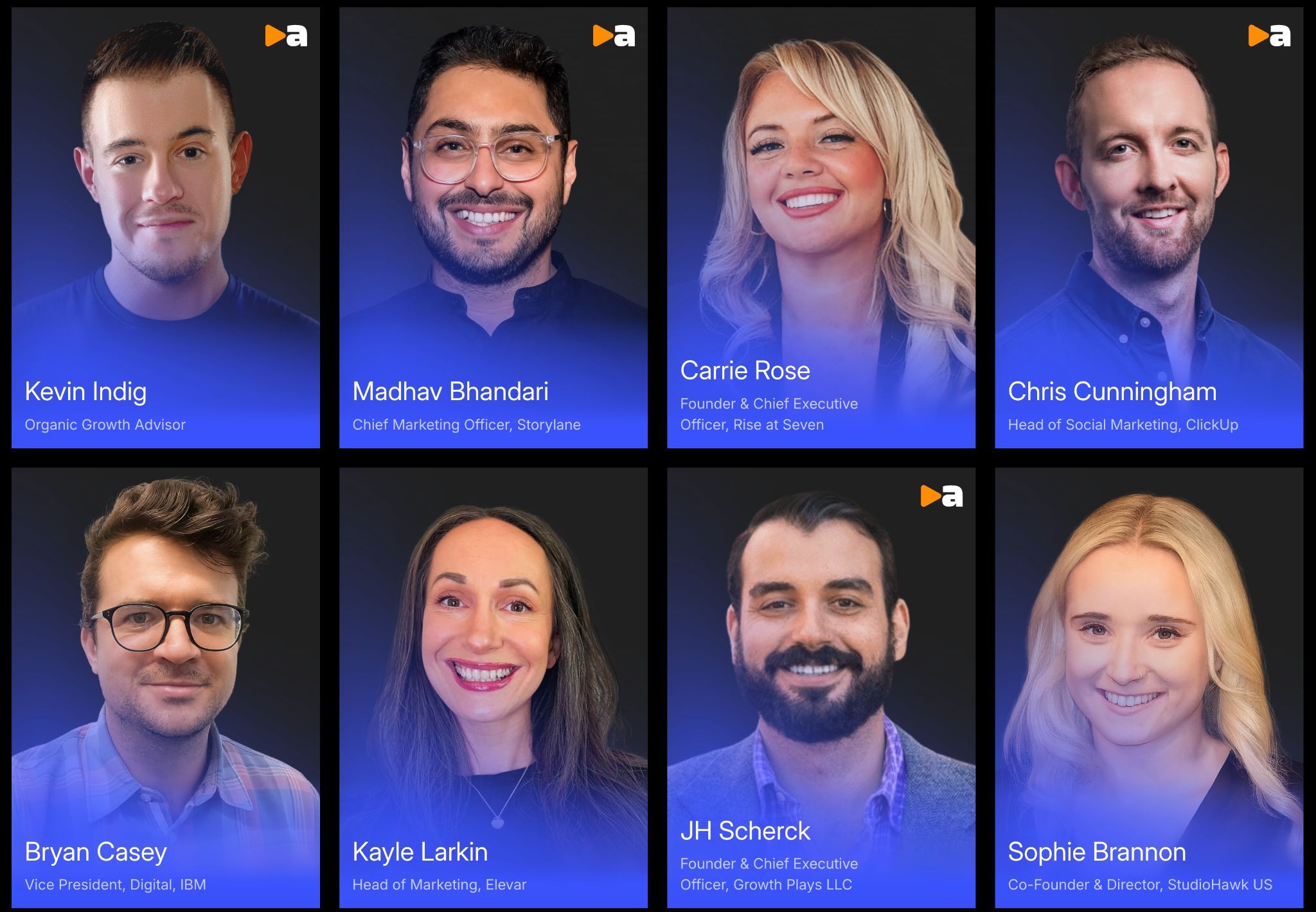
Here are their recommendations:
Get Your Evolve Ticket Now
Tickets are selling out fast, so grab your Ahrefs Evolve ticket before they’re gone.
Get your ticket here
This is the blueprint for building results with fast feedback. Treat campaigns like experiments, ship smaller bets, measure learning, and iterate. It turns “failed” ideas into fuel for the next win.
As Travis says:
“It’s not your typical marketing book, but it makes you think in terms of systems and process and instills that progress is better than perfection. I use its methods every day in my role at Brainlabs.”
In Hidden Potential, Adam Grant challenges the idea of “natural talent.” He argues that success comes from habits, feedback loops, and environments that stretch your abilities: lessons every marketer can apply to creative and professional growth.
It’s exactly why Heather recommends the book:
It’s not a marketing book, but the one I read most recently that improved how I think about my work and approach problem-solving was Hidden Potential by Adam Grant, which argues that success is less about innate talent and more about how far you can stretch yourself by focusing on character skills, learning habits and systems that support growth. For digital marketers, it’s a reminder that long-term improvement comes from experimentation, feedback loops, and building a growth environment rather than banking solely on “natural gift.”
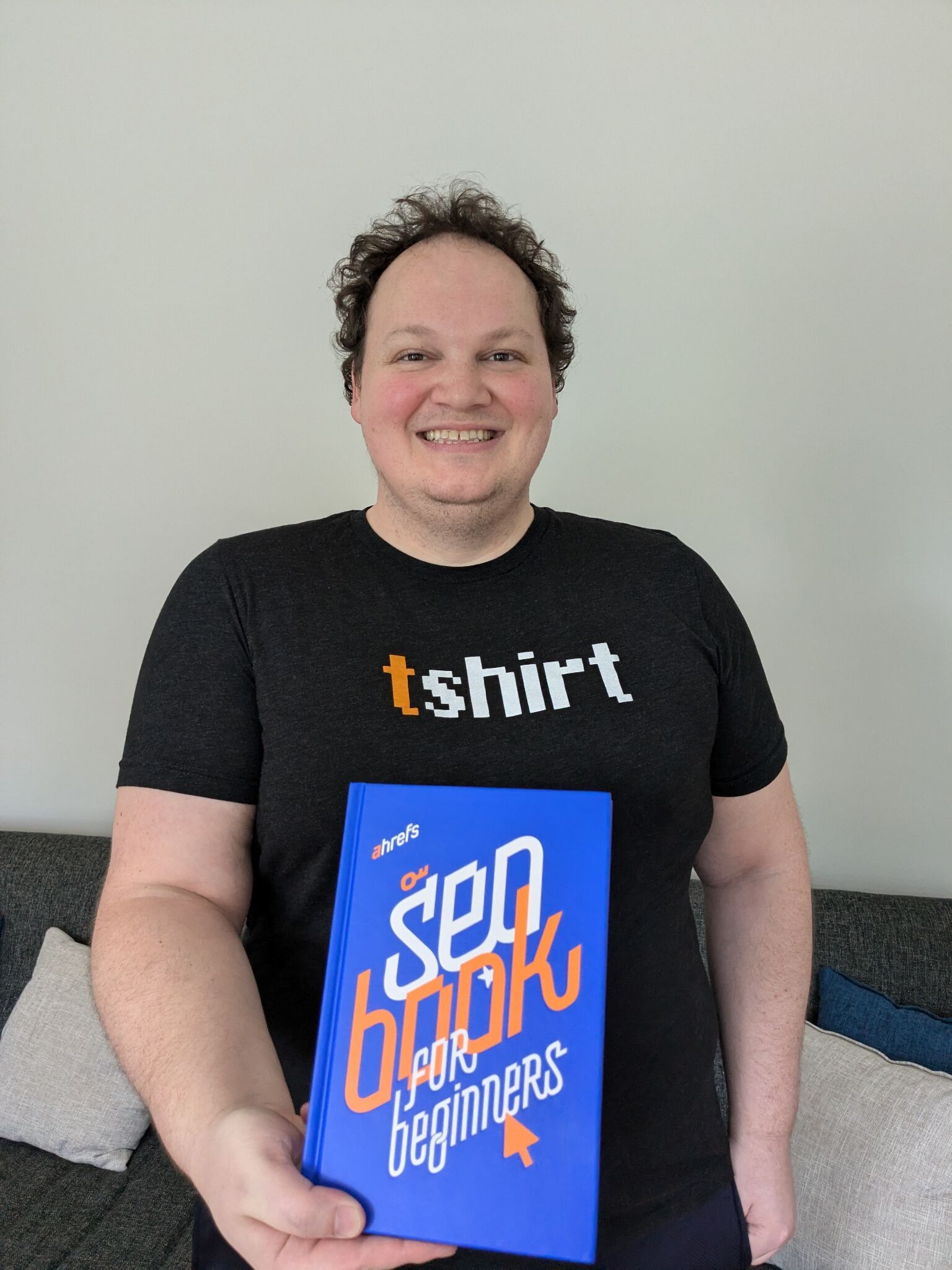
Author: Ahrefs
Recommended by: Patrick Stox
Patrick’s pick is close to home. The Ahrefs SEO Book is our comprehensive guide to mastering modern SEO, from fundamentals to advanced link-building and technical strategies.
As Patrick puts it:
“Marketing is just another form of sales. And SEO is one of the most scalable sales channels there is. This book shows you how to use it properly.”
Few books have influenced marketers more than Cialdini’s Influence. It’s the cornerstone of understanding why people say “yes,” from reciprocity to social proof.
Dawood, who’s publishing a book on Digital PR, uses these principles daily in his work.
Eli Schwartz reframes SEO not as a checklist, but as a strategic growth function tied directly to business outcomes. It’s a must-read for marketers who want to think beyond rankings and connect search with company strategy.
Sophie says:
This book takes you outside of what gets ingrained in you as a junior SEO as what is “best practice” and helps you to think more commercially particularly in SaaS / lead gen spaces. I always get my junior team to read this pretty early on to working with us so they think more about the business needs than just what’s right for SEO.
John Kotter’s management classic is about transformation and what it really takes to make change stick. For marketers leading teams or implementing new processes, it’s a timeless guide to creating momentum and aligning people around a shared vision.
Blue Ocean Strategy is a manifesto for differentiation. It’s about finding opportunities where competitors don’t, and creating demand instead of fighting for it.
As Brandon says:
Most marketers are stuck fighting in red oceans: competing on the same tactics, same channels, same tired playbook. This book taught me to create new market space instead of battling for scraps in saturated ones. It’s why I went from executing SEO strategies to building AI-powered systems that amplify what great SEO already does. I’m not just optimizing anymore. I’m building the infrastructure that makes optimization scale without limits.This book is strategy for people who want to lead markets, not follow them. It’s about creating value where competition becomes irrelevant.
Carrie agrees:
The question “is it better to be better, or better to be different” was answered for me. Being in a blue ocean, with a clear stand out differentiator made me think about marketing and business in a whole new light.
Peter Drucker’s Innovation and Entrepreneurship may be decades old, but its lessons still apply: innovation isn’t luck; it’s a process. Drucker’s thinking has shaped generations of marketers, entrepreneurs, and leaders.
As Mark says:
“An older book but his advice that should be embedded in every organization.”
Cameron Herold’s Double Double is equal parts playbook and pep talk. It’s full of practical, actionable ways to grow a business, from leadership habits to marketing strategy.
Here’s why James recommends the book:
It covers business growth, revenue generation and leadership tips, all very actionable advice. I went to dinner with the author Cameron in Sydney this year. It was a valuable experience.
Koch’s 80/20 Principle is simple but powerful: most results come from a small number of actions. For marketers, it’s a reminder to focus energy on the campaigns, channels, and ideas that truly move the needle.
As Madhav puts it:
It taught me to operate creatively with whatever I have in any situation, to work smart rather than hard, and to focus on the “big rocks” so the small ones take care of themselves.In marketing, that means identifying the 20% of initiatives that drive 80% of the results. The 20% of SEO tactics that move 80% of the needle. The 20% of hires who deliver 80% of the impact. Even the 20% of my day where I get 80% of my productivity.
That way of thinking has helped me focus my energy in the right places and kept me from ever feeling overwhelmed—whether in marketing or in life.
Robert Bly’s classic is still one of the best introductions to persuasive writing. It’s straightforward, timeless, and filled with examples you can apply to any kind of marketing copy.
Cyrus puts it simply:
“If you can write well, you’ll do well in marketing.”
April Dunford demystifies positioning and makes it practical. Her framework shows how to communicate your product’s value so clearly that customers instantly understand why it matters. It’s a must-read for anyone working in SaaS or B2B marketing.
Thiel’s Zero to One isn’t just about startups; it’s about thinking differently. It challenges readers to create something truly original rather than just competing on the same ideas, channels, or strategies.
Johnson explores where creativity really comes from, and why the best ideas emerge from connection, not isolation. It’s a book about the environments that make innovation possible.
Ryan says:
So much of marketing is trying to harness creativity and create novel, interesting things that help promote your product. This is the best book I’ve read on actually systematizing creativity and learning how to be creative on demand. My favourite quote: *“The trick to having good ideas is not to sit around in glorious isolation. The trick is to get more parts on the table.”
Human-Centered Marketing explores a simple but powerful idea: marketing works best when it focuses on people, not funnels. It’s about empathy, creativity, and building community around shared ideas.
Devin, who co-authored the book, puts it best:
“Good marketing doesn’t start with what you want to say. It starts with how people feel and what they need.”
Final thoughts
Rory Sutherland, Vice Chairman at Ogilvy Group, once tweeted: “The best books to read on advertising aren’t about advertising.”
You can see it’s true: most of the recommended books here are barely about marketing. Instead, they’re about something else: business, productivity, storytelling, psychology, and statistics.
Want to learn from our speakers in person? Grab your ticket to Ahrefs Evolve and join us for three days of talks, workshops, and conversations about the future of SEO and marketing.
Similar Posts
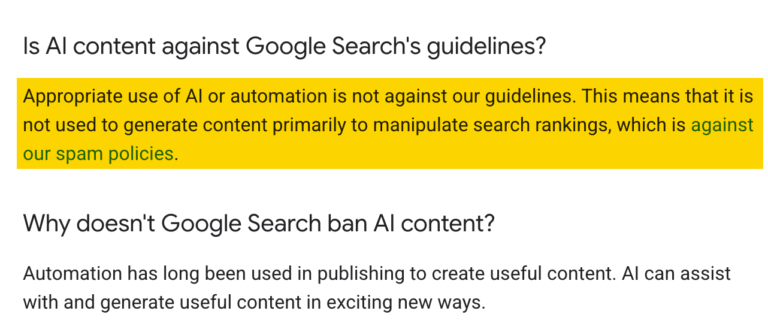
AI-Generated Content Does Not Hurt Your Google Rankings (600,000 Pages Analyzed)
In 2023, Google published a blog post stating that they’re not against AI content: If you think about it, there is no clearer signal than the fact that Google has rapidly rolled out AI Overviews (and now AI mode), both of which are basically AI-generated content. Yet there are still many SEOs and digital marketers…
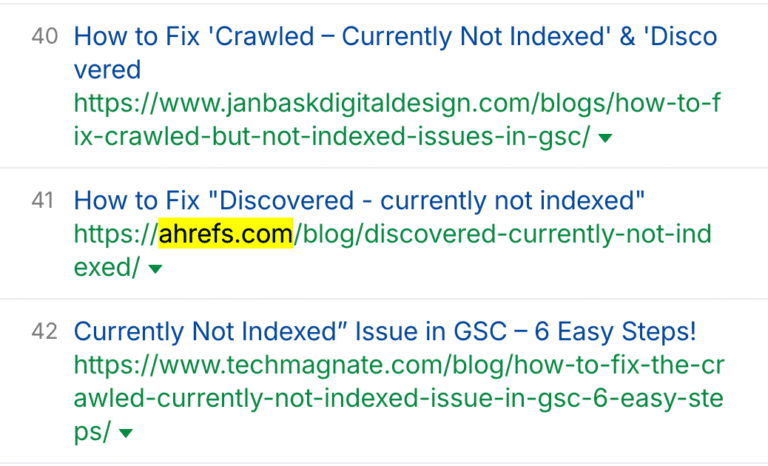
Google Thinks AI Mode Is Good for Users, but the Content Isn’t Good Enough to Rank in Google
I set up some tests over a month ago to see if Google would rank content generated by Google AI Mode in the organic search results. Spoiler: it did not rank. Google believes AI Mode content is good enough to show to users in what will likely be the default search mode in the future. But…
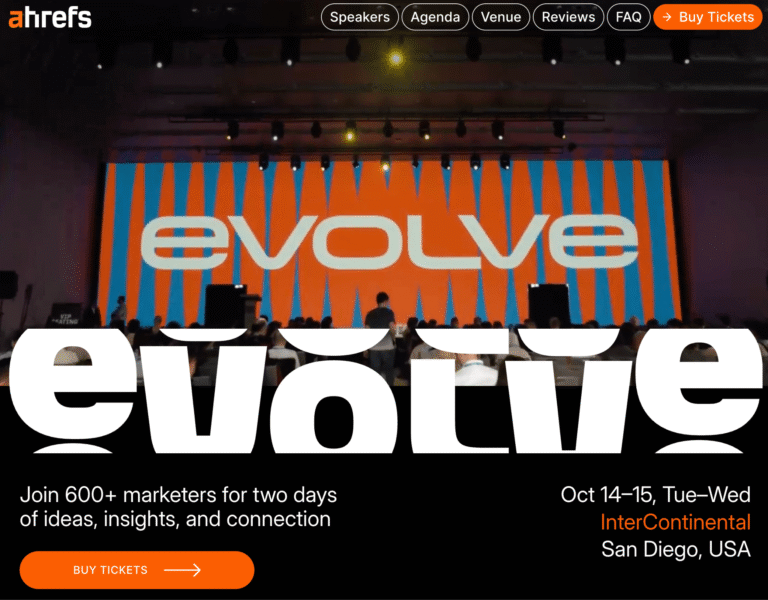
The 11 Best Marketing Insights from the Ahrefs Podcast
We’ve published 70 episodes of the Ahrefs Podcast. That’s almost 100 hours of content. But even if you’re our most loyal fan, there will still be plenty of insights that you’ve missed or have forgotten already. Many of these ideas are too good to let vanish. So we went back through our catalog and rescued…
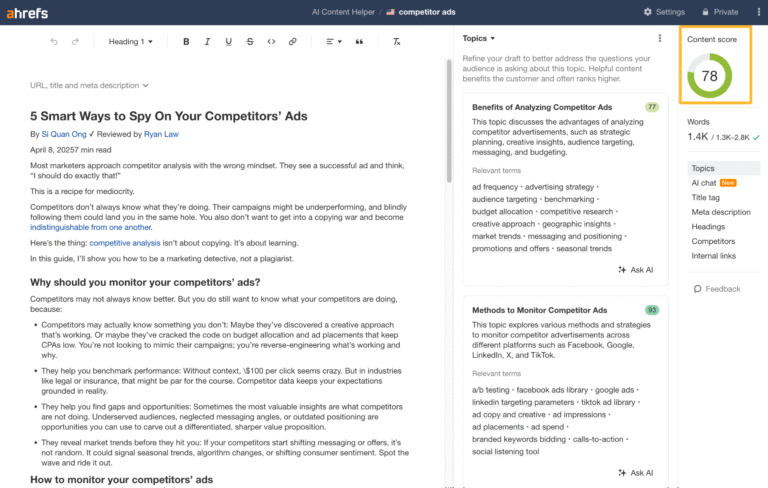
Do Higher Content Scores Mean Higher Google Rankings? We Studied It (So You Don’t Have To)
Built within these scores is an implicit assumption that the higher your score, the higher you’ll likely rank on Google. But is that actually true? To find out, I studied the correlation between rankings and content scores from five content optimization tools: Surfer, Frase, NeuronWriter, Clearscope, and our own AI Content Helper. We found weak…
Fresh Batch of New Videos Added to Module Developer Guide Tutorials
Every introduction to coding starts with a “Hello, World!” example, right? With Drupal, it’s a bit more complex than just echo “Hello, World!”. To follow Drupal best practices, we should provide content from our custom code in a way that allows a site administrator to choose where and when it’s shown, instead of hard-coding those…
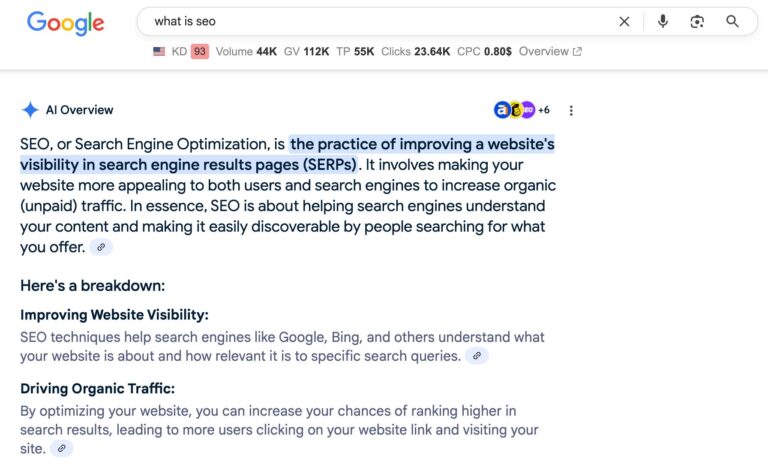
Is SEO Dead? Real Data vs. Internet Hysteria
Has AI and social media killed SEO in 2025? Not even close. Here’s the thing: on one side, we’ve got how people feel about SEO these days—the doom-and-gloom headlines, the panic about zero-click searches, the fear that AI has made everything obsolete. But on the other hand, the data tells a totally different story. The data…
